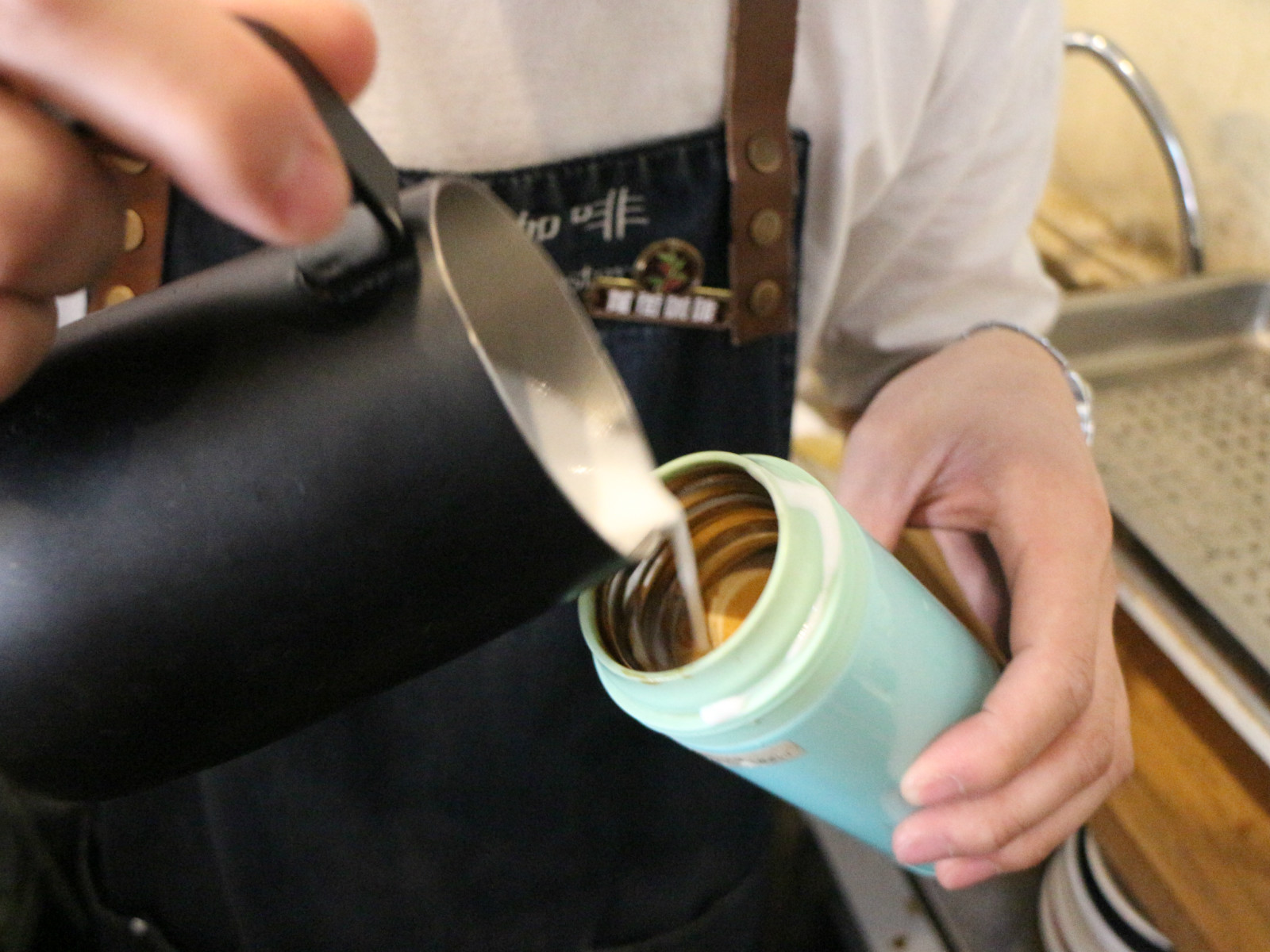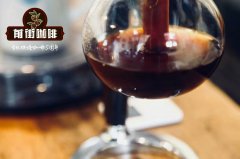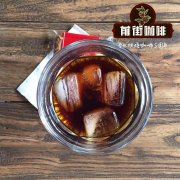Bolivian Coffee tomorrow Sun plans to introduce which estates of Bolivian boutique coffee brands

Professional coffee knowledge exchange more coffee bean information please follow the coffee workshop (Wechat official account cafe_style)
Bolivia Yungas Caranavi Sol de Manana Copacabana Julio Organic
Bolivian Coffee tomorrow Sun Project
Organic Certification of Hulio small Farmers in Yongjia Karanabi Copabana Town
Flavor description:
The first stage is dominated by citrus fruits such as oranges, grapefruit, fragrant cheese and sweet oranges.
Grape and fresh floral aromas appear in the middle, and grapefruit and green tea appear at the end.
The overall flavor is sweet and juicy, with rich and varied layers.
Our partner in Bolivia is Pedro Rodriguez.
And the Agricafe founded by his son Pedro Pablo and daughter Daniela. Agricafe
It can be said that it is an important driving force to revive the boutique coffee industry in Bolivia.
Now it is almost an important pillar of Bolivia's boutique coffee industry, and several well-known roasters in Europe and the United States.
Such as Intelligentsia, Has Bean, Stumptown, Drop Coffee, 49th Parellel, Maruyama...
It is almost always possible to buy Agricafe beans.
Pedro has created several important private estates in the Karanabi producing area.
For example, Finca Don Carlos, Finca Alastias.
What is even more exciting is that in the eastern producing area of Bolivia, the high-altitude area of Saint Cruz
Finca El Fuerte Manor has also been founded and has been harvested this year. After we introduced Pedro's coffee last year,
Amazed, we took a special trip and brought back the secret weapon we were eagerly looking forward to.
Several items that have already arrived this time are definitely worth pondering over and over again.
In addition to his own estate, Pedro has a dream of reviving boutique coffee in Bolivia and taking care of the lives of coffee farmers
The project of El Sol de Manana (tomorrow Sun) began.
The project put a lot of effort into tutoring members, small farmers.
Technical support for breeding, pruning, fertilization, harvesting and other important techniques
And buy the cherries harvested by member small farmers at a higher price.
Use Agricafe's own processing plant for post-processing.
Let farmers' income and quality enter the good cycle of sustainable management.
Bolivia is one of the five most diverse countries in the world.
The landlocked country, which is surrounded by five countries and deeply affected by it, has a population of more than 1000.
The indigenous Indians, who make up about 60% of the total population, are divided into 36 ethnic groups.
Indo-European mixed race (Mestizo) accounts for 26%, in addition to 100 European and other ethnic groups.
There is an Illmani peak up to 6462 meters high.
There is Lake Titicaca, the highest and navigable alpine lake in the world at an altitude of 3812 meters.
There is also a tropical rain forest! Such a variety of terrain can be said to be a paradise for fine coffee micro-batches.
However, the production of Bolivian coffee is declining year by year.
From 1997 to 2014, the export volume declined year after year to only 1 gamma 4.
According to Roast Magazine,
Its coffee production ranks 38th and even lags behind the United States, which ranks 35th.
Fine micro-batches of Bolivian coffee can be said to be very precious and hard to find.
The reason is Bolivia's backward economic development and infrastructure.
Bolivia is still the poorest country in South America.
In addition, Bolivia used to be blessed with changeable terrain.
Poor infrastructure has become a key factor in coffee handling, transportation and quality killer.
Important Notice :
前街咖啡 FrontStreet Coffee has moved to new addredd:
FrontStreet Coffee Address: 315,Donghua East Road,GuangZhou
Tel:020 38364473
- Prev

Introduction to the Flavor characteristics of Kenyan Coffee from Kelly Miku treatment Plant in Kenya AB Kirinyaga production area
Professional coffee knowledge exchange more coffee bean information please follow coffee workshop (Wechat official account cafe_style) Product name: Kenya Kirinyaga production area Kelly Miku treatment Plant AB country: Kenya production area: Kirinyaga production area altitude: 1800 meters Variety: SL28,SL34 treatment Plant: Kylie Miku treatment Plant treatment: Kenyan style washing Flavor
- Next

World's Highest Altitude Champion Manor-Bolivia Takesi Tower Gixi Manor Information Story
Professional coffee knowledge exchange More coffee bean information Please pay attention to coffee workshop (Weixin Official Accounts cafe_style) Solemnly introduced from the towering country-Bolivia coffee-Takesi manor (Takesi)! She's a Cup of Excellence champion! The highest elevation manor in the world, more than 2200 meters! The highest altitude iron pickup (Typica) old! Give gifts to the first choice of gluttons! Zaika
Related
- Detailed explanation of Jadeite planting Land in Panamanian Jadeite Manor introduction to the grading system of Jadeite competitive bidding, Red bid, Green bid and Rose Summer
- Story of Coffee planting in Brenka region of Costa Rica Stonehenge Manor anaerobic heavy honey treatment of flavor mouth
- What's on the barrel of Blue Mountain Coffee beans?
- Can American coffee also pull flowers? How to use hot American style to pull out a good-looking pattern?
- Can you make a cold extract with coffee beans? What is the right proportion for cold-extracted coffee formula?
- Indonesian PWN Gold Mandrine Coffee Origin Features Flavor How to Chong? Mandolin coffee is American.
- A brief introduction to the flavor characteristics of Brazilian yellow bourbon coffee beans
- What is the effect of different water quality on the flavor of cold-extracted coffee? What kind of water is best for brewing coffee?
- Why do you think of Rose Summer whenever you mention Panamanian coffee?
- Introduction to the characteristics of authentic blue mountain coffee bean producing areas? What is the CIB Coffee Authority in Jamaica?

